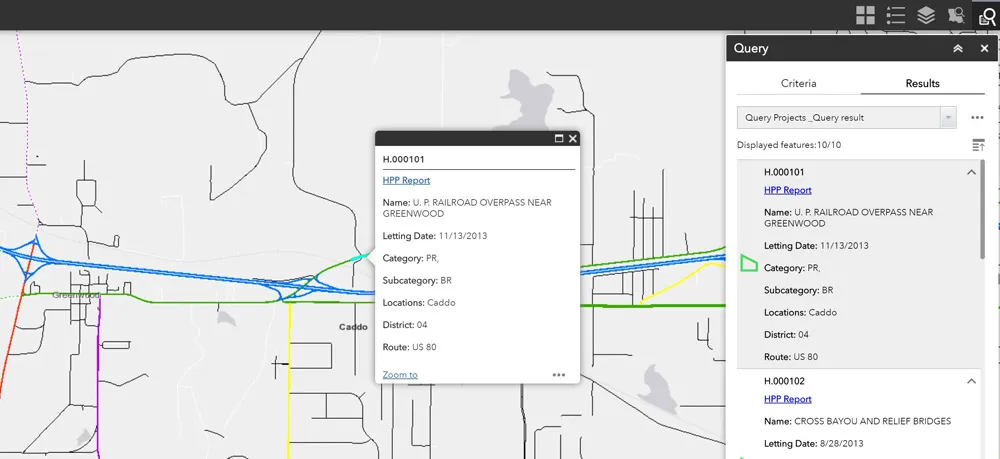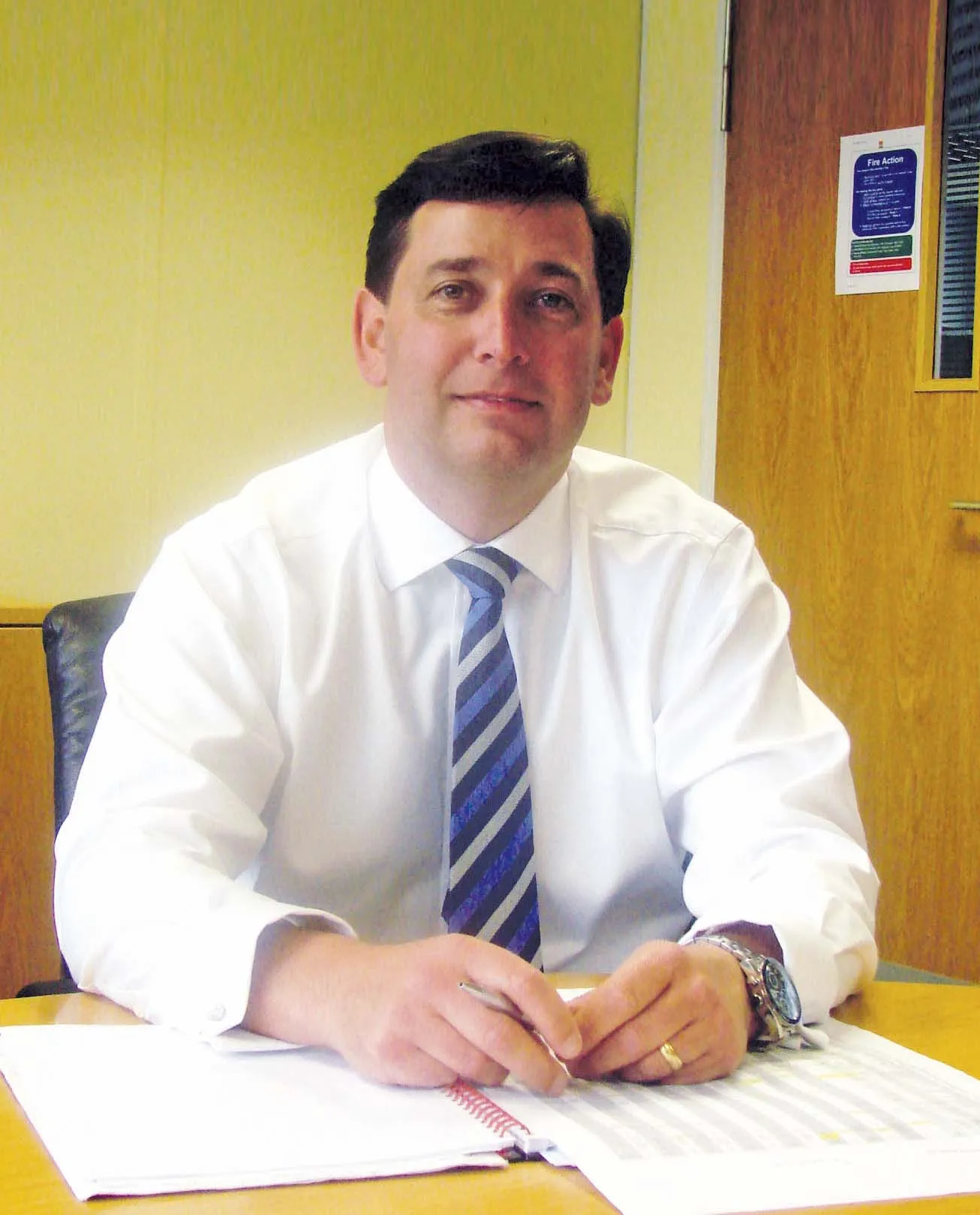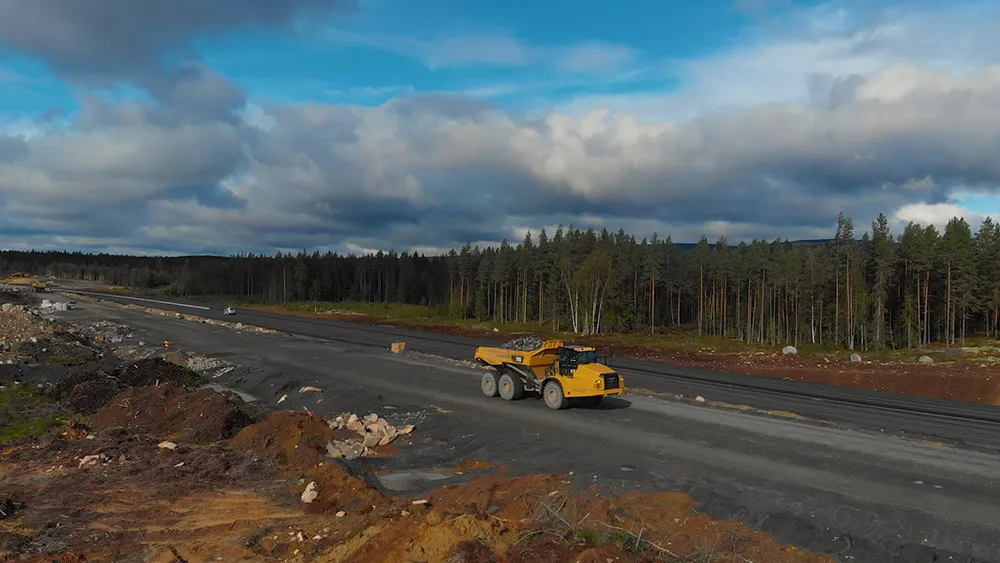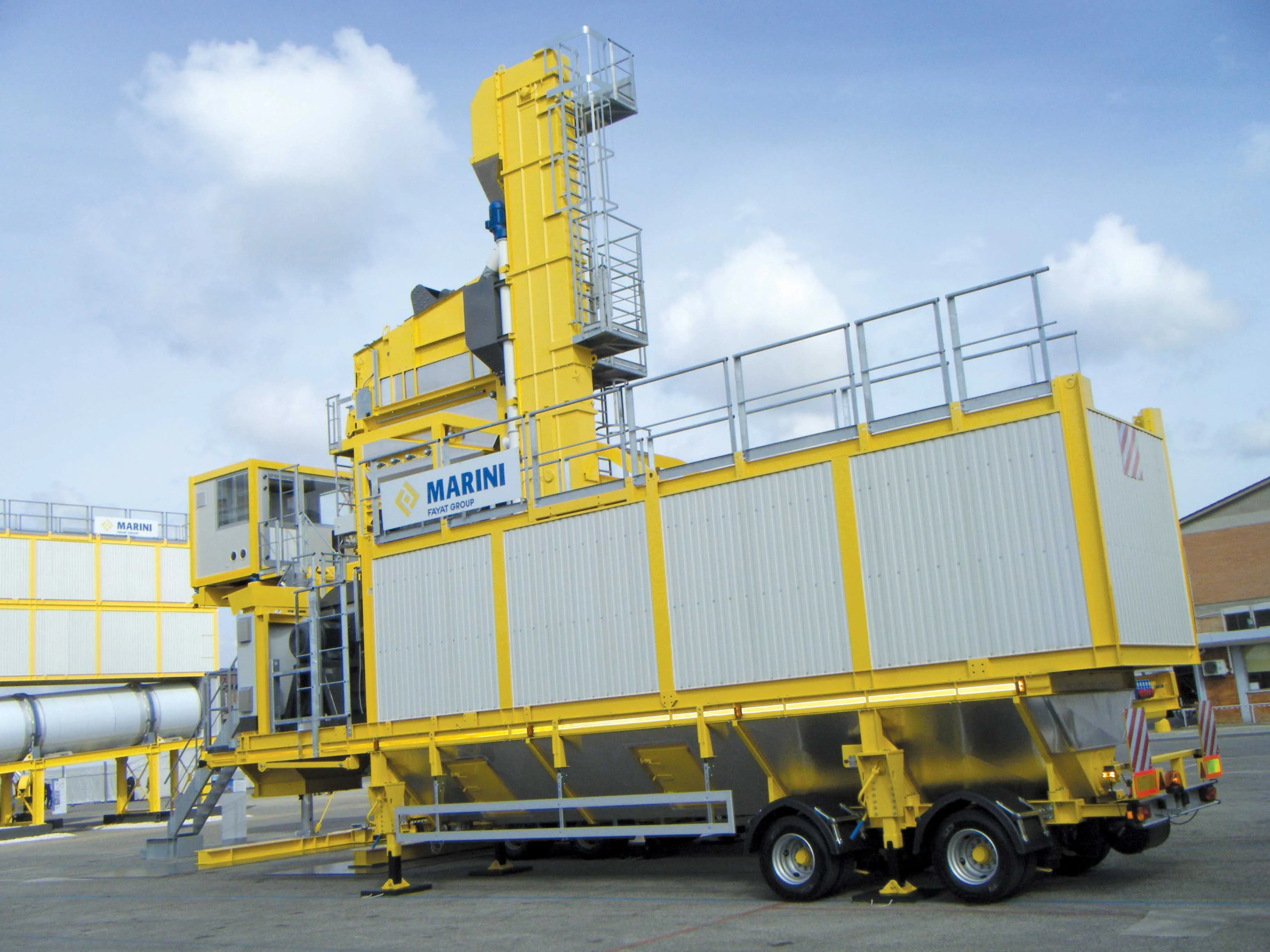Emerging markets, such as North and East Africa, are developing an appetite for materials testing equipment, but suppliers need to provide expertise and training as well as a broad range of machines, as Kristina Smith finds out
Asking what sort of testing equipment is required for Africa is a little bit like asking what sort of food Europeans like to eat. The answer is that requirements vary enormously from the most basic and ancient of tests to the very cutting edge of dynamic testing.
“You have some
April 27, 2015
Read time: 5 mins
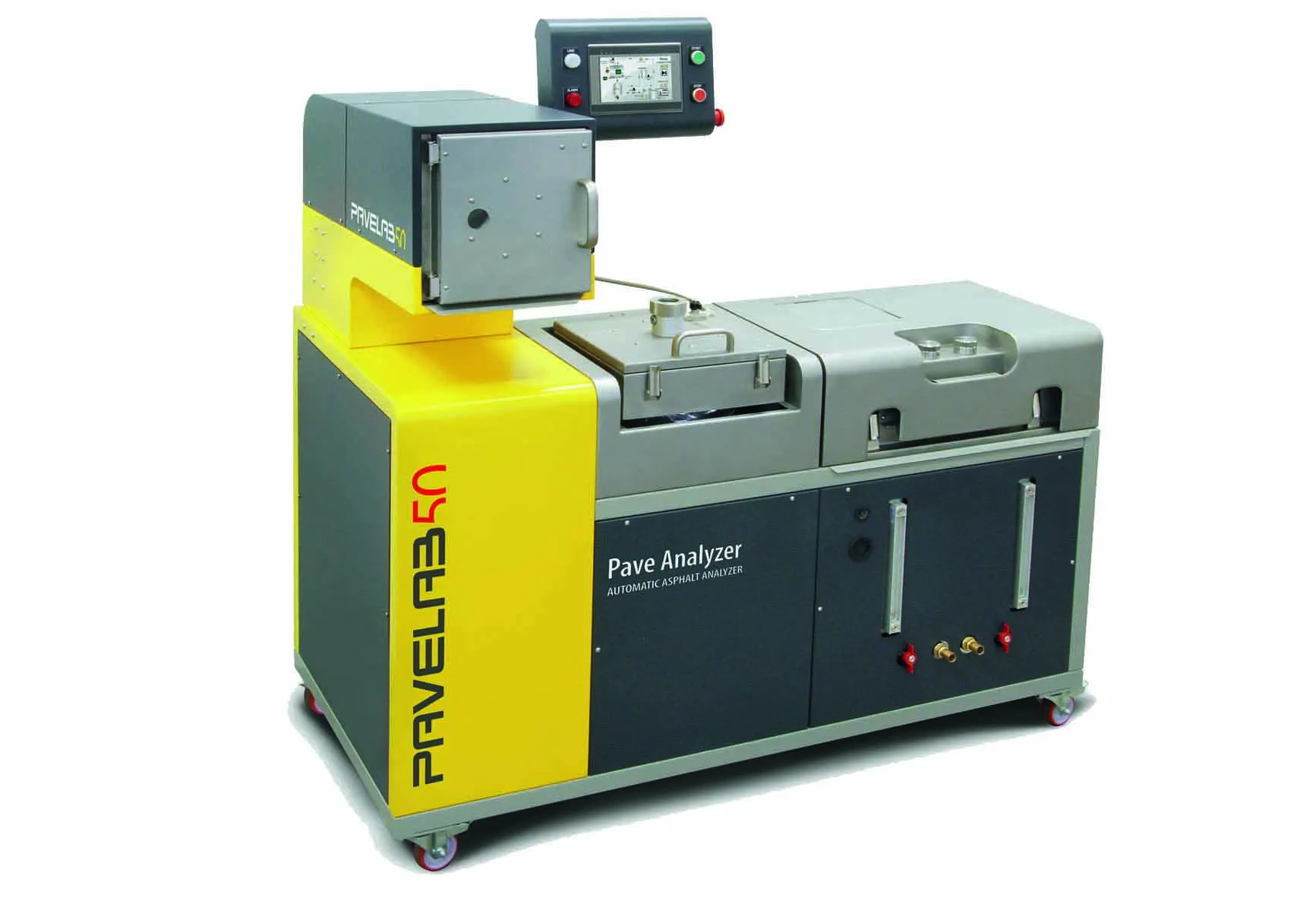
Emerging markets, such as North and East Africa, are developing an appetite for materials testing equipment, but suppliers need to provide expertise and training as well as a broad range of machines, as Kristina Smith finds out
Asking what sort of testing equipment is required for Africa is a little bit like asking what sort of food Europeans like to eat. The answer is that requirements vary enormously from the most basic and ancient of tests to the very cutting edge of dynamic testing.
“You have some organisations that are still coming to grips with Marshall testing and others that have young professors who have graduated from the UK or US and want the latest and greatest,” said Con Sinadinos, managing director of282 Matest subsidiary 7955 Pavetest, which is based in Australia.
History plays a big part too. French-speaking Algeria, for example, follows French standards, while other countries favour the US or the UK/EN approach. Unlike the US or Australia, there is no overarching organisation to set standards and help develop testing practices.
There is an increasing demand for more sophisticated test methods and the machines to perform them, driven by the requirements of funders, says2139 CONTROLS UK’s export sales manager Yann Kernanec. CONTROLS has supplied equipment to universities, contractors and government organisations in countries including Zambia, Kenya, Ethiopia, Botswana, Zimbabwe, Tanzania, Ghana, Nigeria and Egypt.
“International funding agencies, such as the UN or the1586 African Development Bank, are more and more concerned about the lifespan of financed infrastructure projects,” he said. “As a consequence we have noticed a gradual but constant change from the ‘traditional’ testing mind-set to the use of more modern techniques and machines.”
Kernanec added that while most customers are asking for ‘passive’ rather than dynamic testing equipment, CONTROLS is now receiving enquiries about performance-based testing systems. This is a trend also noted by UK-based supplier5941 Cooper Technology:
“Traditionally, Africa has been looking for traditional tests such as Marshall testing,” said Cooper’s MD Peter Grafton. “But now we are seeing an increasing demand for dynamic tests.”
Another trend for customers in emerging markets such as Africa, Latin America, Asia and Northern Block countries is that they want a supplier who can provide every machine in their specification, said Grafton. “They don’t want five or six different suppliers, all sending their engineers to install and maintain the various machines. They want one person to supply everything.”
This demand has caused Coopers, historically an asphalt testing specialist and the original developer of many asphalt testing machines, to diversify into testing equipment for other materials. The firm is celebrating its 25 years in business with a new catalogue which offers testing equipment for asphalt, bitumen, aggregate, concrete, cement and soil.
Coopers also own James Cox and Son in the US which means it can supply those countries going down the Superpave route. And French testing kit too: it has just signed a deal to supply £500,000-worth of testing equipment to a contractor in Algeria, the second deal of its kind in six months.
As for what machines make up the minimum requirement for a testing house or contractor, CONTROLS has developed a standard list of equipment over the years that can be customised, depending on the client, country and needs. “These lists also provide basic budget information, which is valuable at the early stage of a project,” said Kernanec. “In addition, we can support the clients in planning a growth path for their laboratory by suggesting additional improving phases. This is possible thanks to the concept of modular development that all our equipment has.”
Sinadinos would like to see machines such as the AMPT (Asphalt Mixture Performance Tester) sold into emerging markets, because it removes the influence of the operator. “Normally they are looking for a universal testing machine,” he said. “For a small budget, a servo pneumatic machine such as the DTS 16 is good or if there is more budget available, the servo hydraulic DTS 30 gives more possibilities for tests. I would like to sell them the AMPT because it’s rugged and simple to use and it does a range of tests. But the problem is that you are limited to a particular size of specimen.”
The universal testing machines require training and practice to get reliable and repeatable results. “People who are willing to do a bit of homework and study can get them working and get good results,” said Sinadinos. “But there has to be commitment.”
Whatever type of equipment is on order, there is always a need for good training. “Often they don’t get that,” said Sinadinos. “A company will quote for a package and when the cost needs to be cut, the training is the first thing that goes. Sometimes you have to make a judgement call and throw in the training for free otherwise the burden on after-sales would be too high.”
Training and education is also a focus for CONTROLS, whose engineers deliver seminars and courses in many locations outside its home country of Italy. “We are actively involved in sponsoring and promoting changes in testing practice,” said Kernanec. Last year CONTROLS launched its own Academy Centre which sees two professors from Milan Polytechnic providing week-long training modules on theory, practice and standards.
“We are doing more and more training, seminars and workshops,” said Grafton, who was about to send some members of his team to a presentation at a Superpave training event in Iraq.
Asking what sort of testing equipment is required for Africa is a little bit like asking what sort of food Europeans like to eat. The answer is that requirements vary enormously from the most basic and ancient of tests to the very cutting edge of dynamic testing.
“You have some organisations that are still coming to grips with Marshall testing and others that have young professors who have graduated from the UK or US and want the latest and greatest,” said Con Sinadinos, managing director of
History plays a big part too. French-speaking Algeria, for example, follows French standards, while other countries favour the US or the UK/EN approach. Unlike the US or Australia, there is no overarching organisation to set standards and help develop testing practices.
There is an increasing demand for more sophisticated test methods and the machines to perform them, driven by the requirements of funders, says
“International funding agencies, such as the UN or the
Kernanec added that while most customers are asking for ‘passive’ rather than dynamic testing equipment, CONTROLS is now receiving enquiries about performance-based testing systems. This is a trend also noted by UK-based supplier
“Traditionally, Africa has been looking for traditional tests such as Marshall testing,” said Cooper’s MD Peter Grafton. “But now we are seeing an increasing demand for dynamic tests.”
Another trend for customers in emerging markets such as Africa, Latin America, Asia and Northern Block countries is that they want a supplier who can provide every machine in their specification, said Grafton. “They don’t want five or six different suppliers, all sending their engineers to install and maintain the various machines. They want one person to supply everything.”
This demand has caused Coopers, historically an asphalt testing specialist and the original developer of many asphalt testing machines, to diversify into testing equipment for other materials. The firm is celebrating its 25 years in business with a new catalogue which offers testing equipment for asphalt, bitumen, aggregate, concrete, cement and soil.
Coopers also own James Cox and Son in the US which means it can supply those countries going down the Superpave route. And French testing kit too: it has just signed a deal to supply £500,000-worth of testing equipment to a contractor in Algeria, the second deal of its kind in six months.
As for what machines make up the minimum requirement for a testing house or contractor, CONTROLS has developed a standard list of equipment over the years that can be customised, depending on the client, country and needs. “These lists also provide basic budget information, which is valuable at the early stage of a project,” said Kernanec. “In addition, we can support the clients in planning a growth path for their laboratory by suggesting additional improving phases. This is possible thanks to the concept of modular development that all our equipment has.”
Sinadinos would like to see machines such as the AMPT (Asphalt Mixture Performance Tester) sold into emerging markets, because it removes the influence of the operator. “Normally they are looking for a universal testing machine,” he said. “For a small budget, a servo pneumatic machine such as the DTS 16 is good or if there is more budget available, the servo hydraulic DTS 30 gives more possibilities for tests. I would like to sell them the AMPT because it’s rugged and simple to use and it does a range of tests. But the problem is that you are limited to a particular size of specimen.”
The universal testing machines require training and practice to get reliable and repeatable results. “People who are willing to do a bit of homework and study can get them working and get good results,” said Sinadinos. “But there has to be commitment.”
Whatever type of equipment is on order, there is always a need for good training. “Often they don’t get that,” said Sinadinos. “A company will quote for a package and when the cost needs to be cut, the training is the first thing that goes. Sometimes you have to make a judgement call and throw in the training for free otherwise the burden on after-sales would be too high.”
Training and education is also a focus for CONTROLS, whose engineers deliver seminars and courses in many locations outside its home country of Italy. “We are actively involved in sponsoring and promoting changes in testing practice,” said Kernanec. Last year CONTROLS launched its own Academy Centre which sees two professors from Milan Polytechnic providing week-long training modules on theory, practice and standards.
“We are doing more and more training, seminars and workshops,” said Grafton, who was about to send some members of his team to a presentation at a Superpave training event in Iraq.


